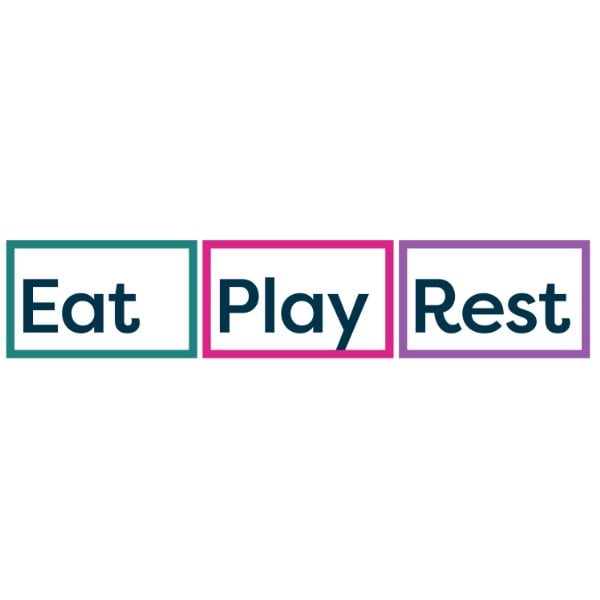

When it comes to prioritising ‘healthy living’, our brain health is often not even… a thought (see what I did there?).
But it’s true, no? We may think about what we're fuelling ourselves with, or how much movement we're getting, or if we’ve got our 8 glasses of water in for the day, but how to best take care of our brain just isn’t really a factor.
It should be though, shouldn’t it? I mean, when you think about it, the brain is the epicentre. The central control room. The largest and most complex organ of the body; manager of thoughts, memory and speech, arm and leg movements and the function of many organs within the body.
Just as well we have the – ahem – brains of Professor Amy Brodtmann, to guide us with her expect advice in the matter. (Okay, I’ll stop – who knew I had such an arsenal of brain jokes at the ready?!)
Professor Brodtmann is a stroke and cognitive neurologist, researcher at Monash University's Central Clinical School, and an honorary medical advisor at Dementia Australia – and the first woman to hold the role.
She talks with Mamamia during this Brain Awareness Week (13-19 March), and explains the most crucial things we all need to be doing in order to best take care of our brains – and what we can do to help reduce the risk of dementia.
Here’s what we learned…
1. Dementia isn’t *necessarily* genetic.
Firstly, let’s get our language right: dementia is the umbrella term which describes a collection of symptoms that affect the brain, including memory and thinking, language and problem-solving abilities. Over time, parts of the brain become damaged, which affects a person’s ability to function as they previously did.


Top Comments